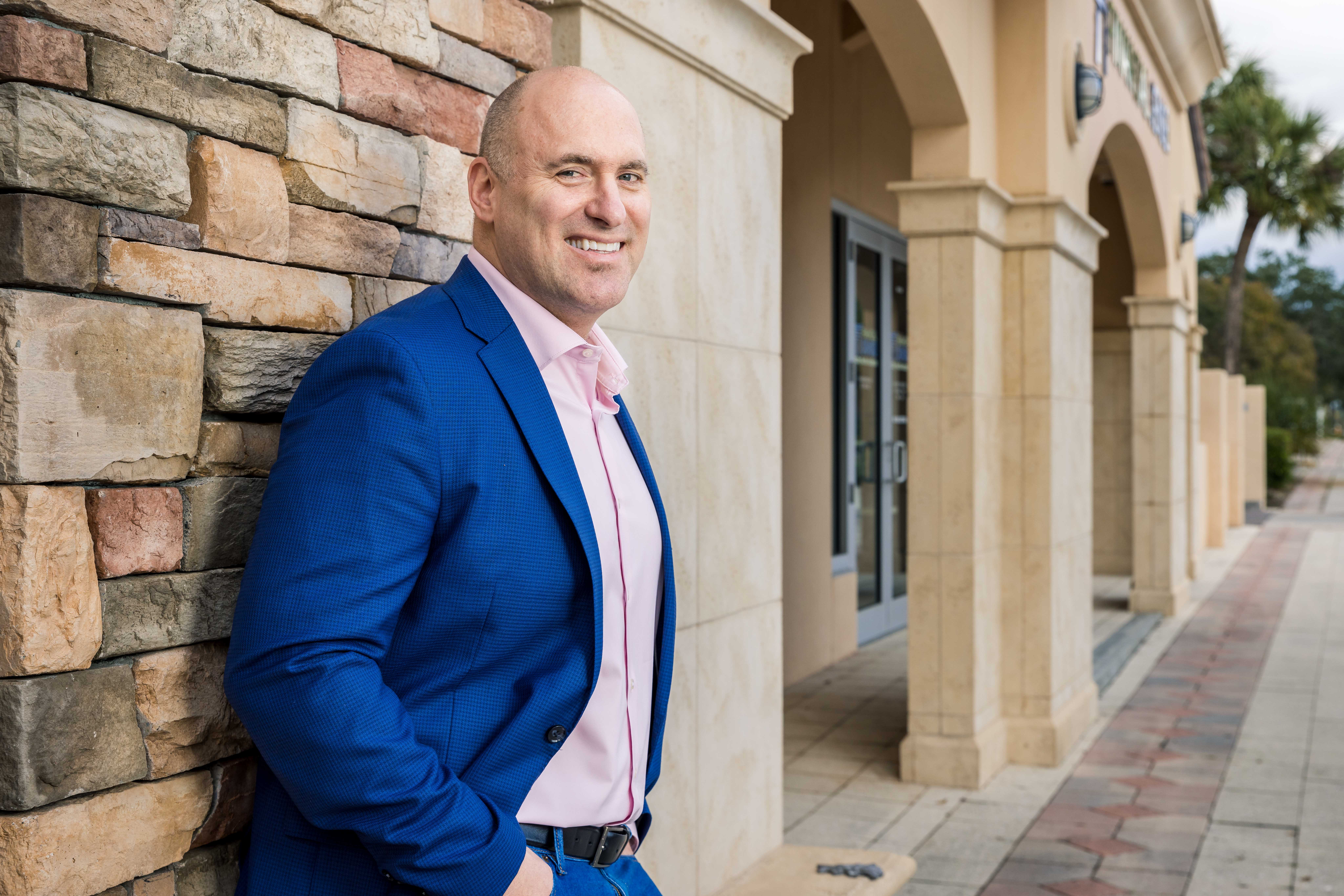By Eric S. Miller, RFC® Co-Owner & Chief Financial Advisor,
ECONOLOGICS FINANCIAL ADVISORS, LLC
If you’re a healthcare professional with a mountain of student debt and a mind spinning with a million financial questions: How do I get ahead? Should I pay off loans or save first? What should I do about it? How long will it be hanging over my head? Will I ever get control of my money?—You’re not alone! Student loan balances are the elephant in the exam room for countless professionals just like you. But here’s the good news: debt doesn’t have to dictate your future. With the right strategy, mindset, and planning, you can take control of your finances—starting today.
Learn About Money and Make a Financial Plan
“There’s already enough going on in the world to stress over. You can’t expand or build on chaos.” Take the initiative to educate yourself about personal finance and refine your skills to effectively tackle your debt.
Understanding personal finance is essential, yet many highly educated professionals in healthcare find themselves ill-prepared in financial management of their household. In regard to debt payoff there is conflicting advice people often receive: “Pay it off as fast as you can” versus “Invest in your future first.” Unfortunately, there isn’t a one-size-fits-all strategy for overcoming debt. Instead, I advocate a balanced approach. Do both. That way you see that you’re making progress toward a financially free future.
Have faith in your earnings ability and get good really at your job. Focus on your craft because if you’re competent at something, you can overcome any kind of money obstacle. I firmly believe that focusing on professional development will ultimately lead to financial success.
My advice? Focus on your potential rather than the weight of your debt. You’re going to make so much more money in your lifetime than whatever student debt you have incurred. I encourage you to view your vocational education as an investment and remember: You are responsible for the rate of return on that investment.
THE 60-30-10 APPROACH
The budgeting strategy our advisors teach is called the “60-30-10 approach.” By design, this method will have you allocating 60% of income to cover living expenses, 30% should be allocated for savings and investments, and 10% should be set aside for discretionary spending.
Never underestimate the power and importance of having a plan for where money goes BEFORE it arrives. If you don’t have a plan of where your money’s going to go before it comes in, then the laws of money will dictate that money will get spent somewhere and it might not be where you want it to go.
A well-structured budget should not require frequent revisions. Necessity drives budgeting and spending. Here’s the example I always give about necessity: If you had a child and that child needed a $10,000 surgery to save their life—you would come up with the money. Your financial comfort and future are a necessity. It’s important to align your income with necessary expenses that include a necessary expense of “savings”, while also building a financial emergency pocket buffer.
If you are new to managing loans (like student loans or mortgages), I advise you to seek more knowledge and support. You can just kind of ignore it and think it’s going to take care of itself (which it never does), or you can say, ‘Okay, I need to figure this out.’” Contact a financial advisor, a loan department and/or the internet for guidance on debt payoff methods. With modern technology there are countless tools and advisors available to assist you with financial planning and budgeting regardless of where you are in life.
MANAGING MULTIPLE DEBTS
If you own a home or are considering purchasing one or maybe you own a private practice (or want to in the future), you may be wondering how you can manage multiple debts simultaneously and still save for the future. I assure you that it is possible, especially if you own a practice and it’s generating cash flow. Most of the time, especially if you’re going to buy into an existing practice, it’s already producing cash flow, so now you need to learn how to harness that to pay yourself as the owner. If you don’t yet own a practice, I highly encourage you to pursue ownership so you can control your income and financial future. Don’t worry that having student loan debt might prevent you from being able to buy into a practice. That shouldn’t hold you back from taking the leap on the road of entrepreneurship.
Navigating finances can be complex and a financial consultant can help provide some structure or a plan. It’s never too early to plan (and it’s not too late either)—no matter where you are in your professional career. Many professionals in healthcare balance student debt with other debts, such as mortgages or business loans successfully – we have hundreds of clients to prove it can be done. There are tools and people who can help you design a plan that meets your unique situation and needs so you won’t feel overwhelmed.
The goal of proper financial planning is to have a roadmap to help you make confident financial decisions and gain more control of your financial situation. Ask for help and don’t be afraid to pay for financial advice. Put these two together and your composure will be more relaxed as a result, with accountability and certainty that you know what moves the needle of progress toward your financial goals.










